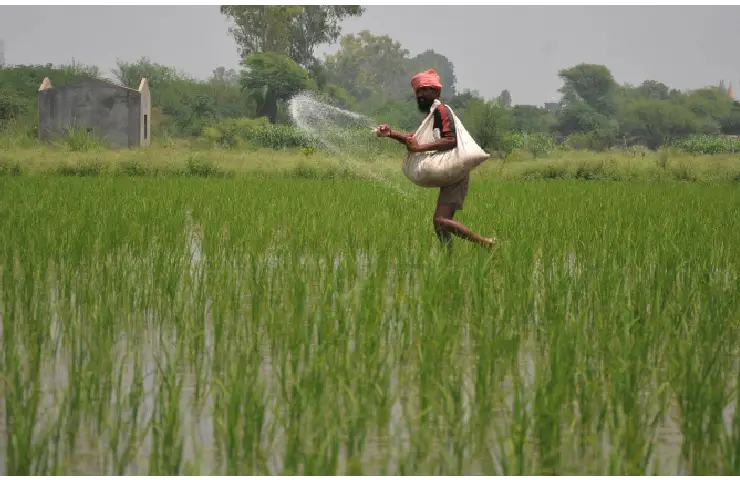India’s all-important agriculture sector—not only critical for maintaining domestic food security but also across the world, is undergoing a gradual but steady change with adoption of modern technology. And the change is largely being driven by the startup ecosystem. Albeit late in entering India’s agriculture sector, agritech startups are now mushrooming in India. Investors including global venture capital funds now eyeing to support them.
In 2013, India had less than 50 agri-startups. In 2020, the number had increased to more than 1000. Today there are more than 2,500 agri startups in the country. The number is expected to further rise especially after Finance Minister Nirmala Sitharaman, as part of the Union Budget announcement this year, proposed setting up of the ‘Agriculture Accelerator Fund’ to encourage young entrepreneurs to look at agri-start-ups.
The Centre has also increased the agricultural credit target to Rs 20 lakh crore for the current financial year with a focus on animal husbandry, dairy, and fisheries. In 2022-23, the target was Rs 18 lakh crore.
According to AgriculturePost.com, rising concerns around the impact of climate change on Indian agriculture have captured the attention of investors, catalysing efforts to deliver affordable mitigation and adaptation solutions for smallholder farmers.
Though the country’s agriculture sector– providing employment to half of the country’s population– has finally started accepting technology, a large number of farmers, mainly those can be categorised as the small and medium, still rely on conventional modes.
Agritech is key as it improves yield, efficiency and profitability. Products and services derived from tech application in agriculture can be categorised as agritech.
“As India’s agricultural sector transforms, startups are playing a critical role in driving innovation and improving efficiency,” Mayur Shah, head of business development at Japanese venture capital fund, Beyond Next Ventures (India) told India Narrative.
BNV has already invested in BigHaat, an all digital agro-startup, founded in 2015 by Sateesh Nukala and Sachin Nandwana. BigHaat has already established its presence in about 17,000 zip codes of the total 24,000 that the country has and is engaging more than 2.5 million farmers per month.
By 2030, the agriculture sector could contribute around $600 billion to India’s GDP—an increase of 50 per cent over its contribution in 2020. But to get there, India must unlock growth and productivity for the sector, a McKinsey report said, adding that if fully nurtured, the agtech ecosystem has the potential to propel Indian farmers’ incomes to grow by 25 to 35 percent. This will add $95 billion to the Indian economy, through reduction of input costs, enhanced productivity and price realization, cheaper credit, and alternative incomes.
KhetiGaadi, CropIn, Farm2Fam, MeraKisan are among the top agri startups in the country.
The startups are expected to play an important role in handholding the farmers especially amid rise in concerns over climate change. India is among the most vulnerable countries to be impacted by climate change – it ranked seventh out of 181 in the Global Climate Risk Index 2021.
Threats from a possible El Nino situation this year have only underscored the importance of expediting the use of technology in Indian farm sector.
Also read: Startups set to create more jobs amid fintech, healthcare boom
Collapse of Silicon Valley Bank will have limited impact on Indian startup ecosystem




















